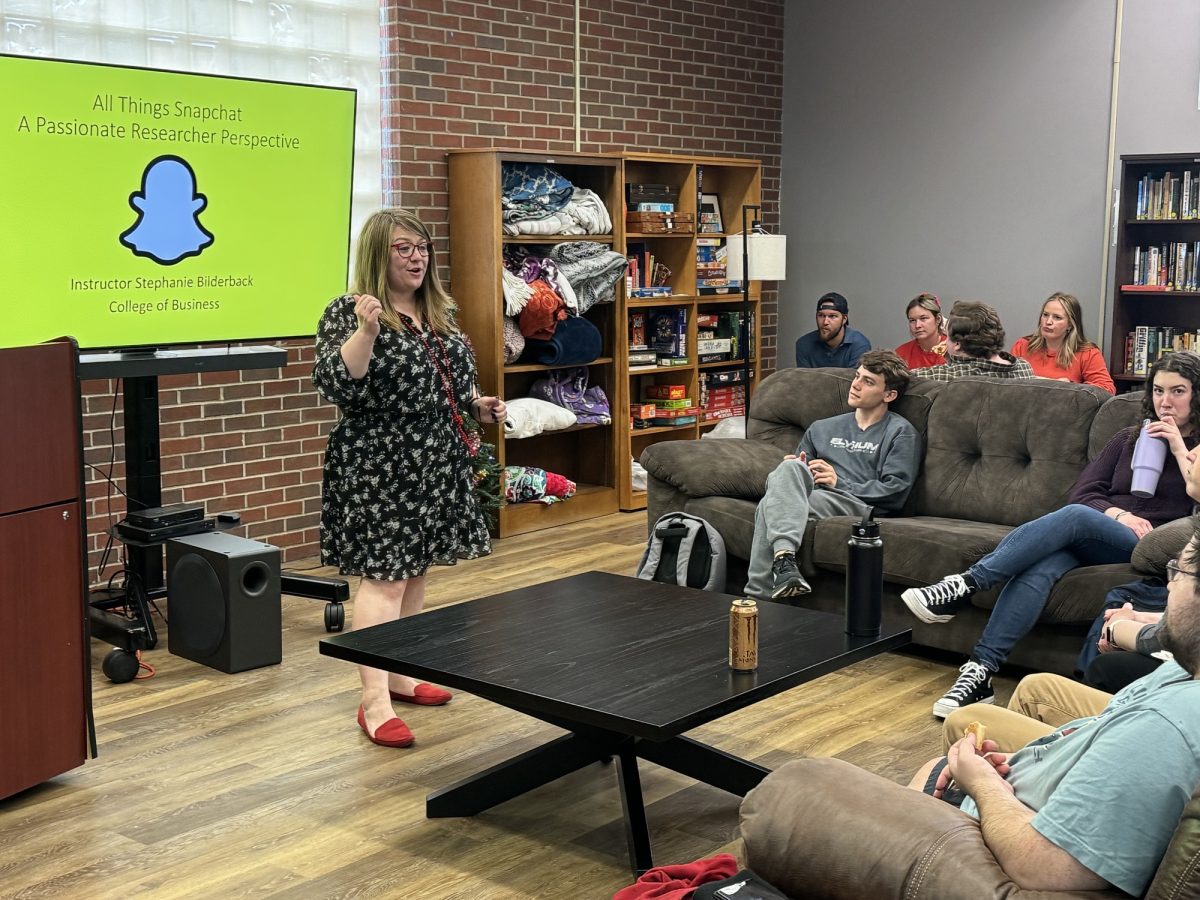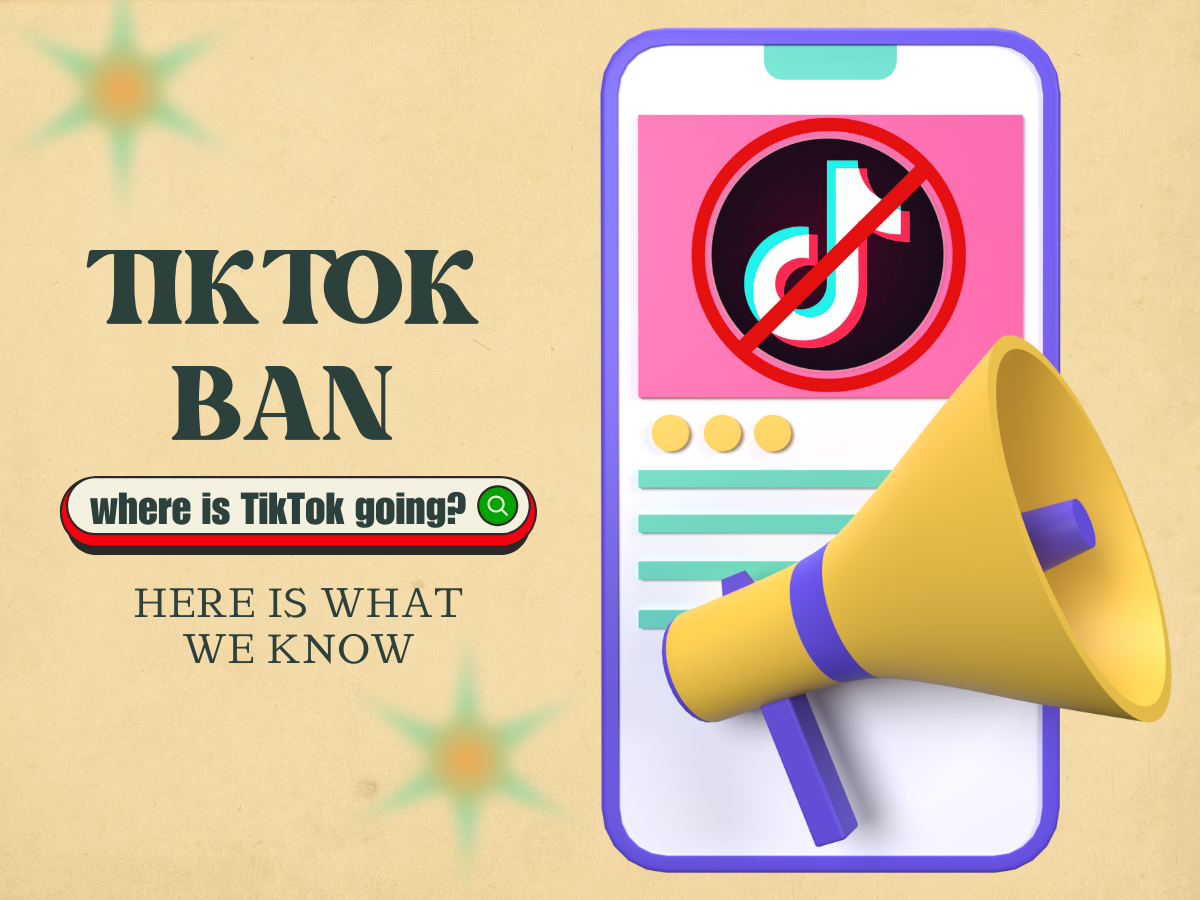As someone who had served in the military for over two decades, I understand the sacrifices and hardships that veterans made. Not only can it be difficult for veterans during their military service but also as they transitioned into being a civilian, and in many cases a student.
Many of the veterans that attend APSU are older than the classmates that we attend classes with, and possibly older than the professors teaching us.
All veterans have different experiences when leaving the military. Some just do a few years and decide to move on to something else. Others press on through many struggles to reach the point of retirement. Yet there are others who would have liked to have served longer, but due to medical reasons or injuries, it was no longer feasible.
Michael Spencer Sr. is a senior at APSU who is majoring in Sports Communication. He retired from the navy after 20 years of service in July 2014 as a Petty Officer First Class (E-6).
“My transition even today is not as easy as I thought it would be,” Spencer said.
Spencer is not quite as used to dealing with civilian personnel as he was with other veterans.
“Adjusting to everyone for themselves is much different than the military when everyone was so close together,” Spencer said.
Pachence Ryness is a freshman who has only been out of the army for less than year now. She was a mechanic for five years in the service before she was medically discharged. She is currently working on her bachelor’s degree in Medical Laboratory Science.
“My transition hasn’t been the smoothest, but I have worked very hard to get where I’m at now, ” Ryness said.
Some veterans have had more ease with their conversion out of the military than others did. We all have had different experiences when we served, the same is the case when we get out of the military.
Christopher Mattingly is another senior, but he is majoring in Philosophy and Religious Studies. He served six years in the army as an Unmanned Aircraft Systems Operator (UAS).
“Transition to civilian life has been a fairly easy one,” Mattingly said.
Many veterans, but not all of us, choose a different career path to pursue other than what we did in the military. I, for instance, had several jobs while I served. I was an infantry soldier, an army recruiter, a human resources specialist, and a few other positions, but now that I am retired, I am pursuing my true passion of writing.
“Due to my service connection disability, I had to completely change my career. I was in logistics while in the Navy,” Spencer said.
It is not always service related injuries that cause veterans to change career paths. Often, we just want to do something different.
Mattingly has a different approach to his degree plan.
“My major doesn’t have much to do with my previous job in the army, but I find that learning new stuff keeps me current.” Mattingly said. “I prefer to take the route of getting a degree that leads to a job other than contracting my life away.”
Ryness decided on her current major because she wants to make a difference for others.
“My major is not similar to my MOS in the military,” Ryness said.
An MOS is a person’s Military Occupational Specialty, or job title that they held in the military.
“I chose this career path because I want to help people,” Ryness said.
Every veteran and service member had different reasons for enlisting, but we all joined the military to make a difference, not only for ourselves, but for others as well.
Education is key in today’s society. Even though veterans may have a lot of real world experience and training, a college degree makes us all that much more marketable. We are here to learn, but also possibly to educate those who have yet to experience the real world.
Mattingly had some inspiring words for his fellow GOVs, “Do your best always. Keep putting your best foot forward and sooner or later it’ll catch up and help you in the long run.”
He also explained the importance of discipline for other students.
“The ability for one to discipline and put oneself toward work no matter how hard or how easy it is, is a skill that can’t be trained. It can only be taught and applied by taking an introspective look at yourself and seeing what makes you tick,” Mattingly said.
There are many veterans and currently active duty military personnel attending APSU. So, for this Veteran’s Day I would personally like to share my appreciation to them and say, “Thank you for your service.”







